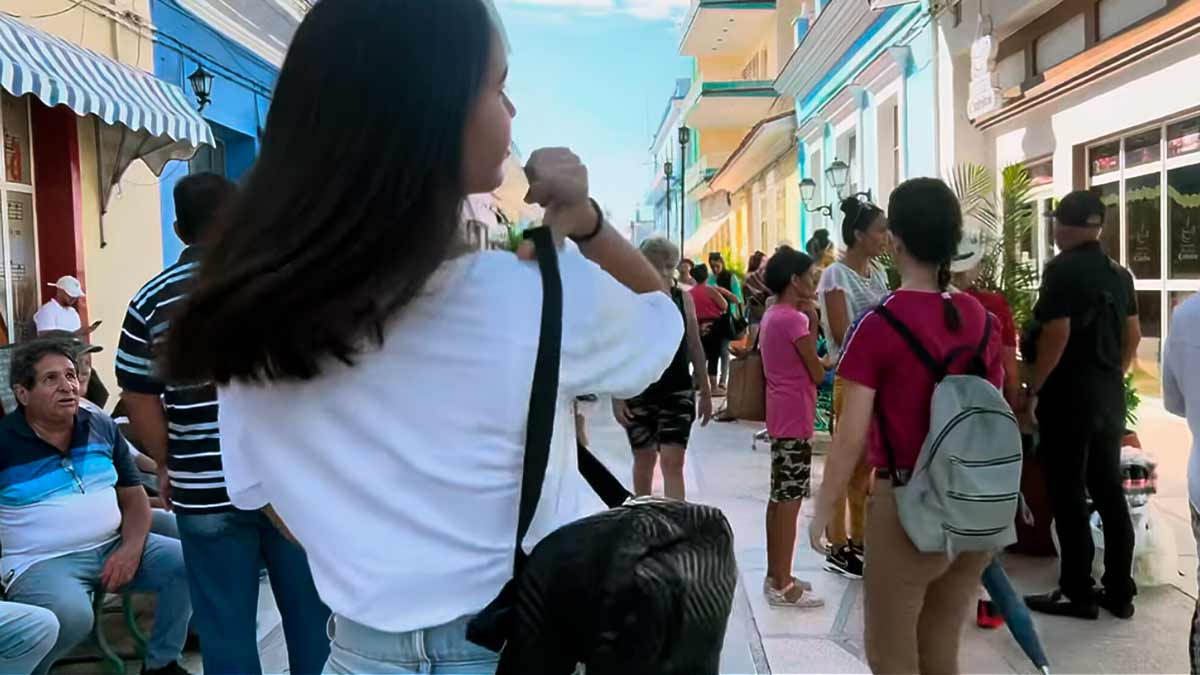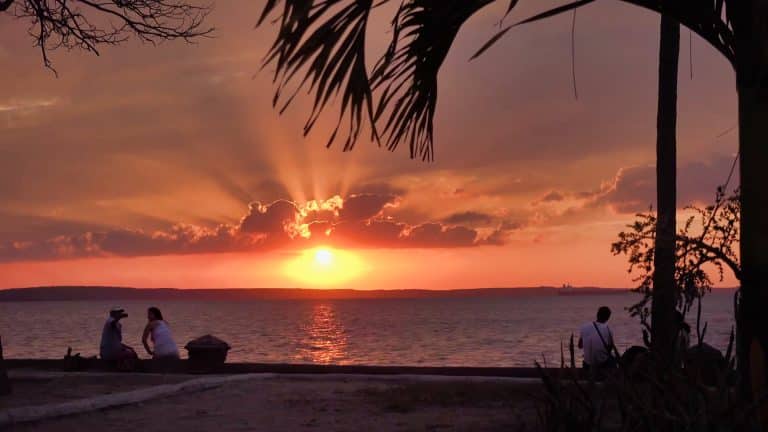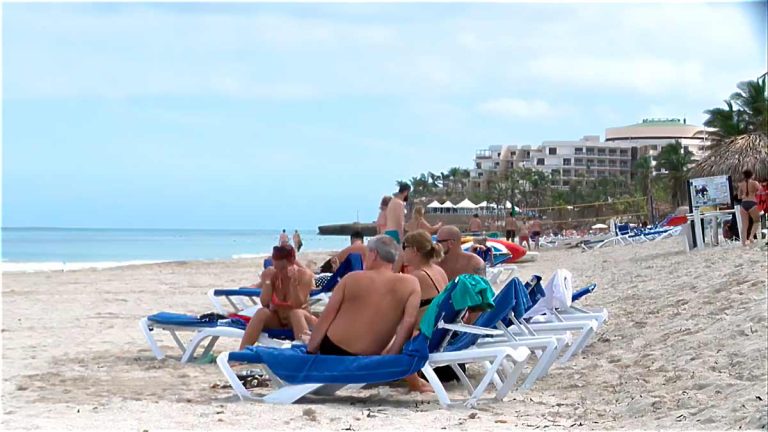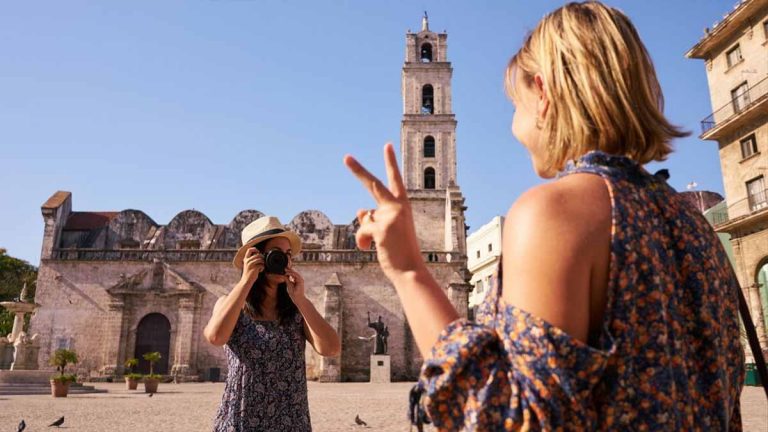Should You Travel to Cuba in 2023? Here’s What You Should Know

For decades, the enchanting island of Cuba beckoned travelers with its vibrant culture, historical landmarks, and warm beaches. However, in recent years, a series of unfortunate events has changed this narrative dramatically.
Tourism is the second-largest source of foreign currency for Cuba. Without a productive business model, the nation feels the pinch even more in the absence of tourists.
Months have gone by where travel agencies no longer showcase Cuban vacation packages. Instead, destinations like Punta Cana or Cancún dominate the window displays—offering similar Caribbean vibes at competitive prices.
The consensus in 2023: traveling to Cuba isn’t highly recommended.
Streets that were once bustling with tourists are now eerily quiet.
Factors Contributing to the Drop
Several challenges over the past three years have resulted in this decline:
- Pandemic: The global COVID-19 pandemic was the initial blow that reduced the inflow of tourists.
- US Embargo: The longstanding US trade embargo further exacerbated the economic challenges.
- Inflation and Supply Crisis: Skyrocketing prices and supply shortages have deterred potential visitors. In comparison to the 4.2 million visitors in 2019, only 1.6 million ventured to Cuba last year.
With tourism being a significant contributor to Cuba’s economy (second only to remittances sent by Cubans abroad), this decline translates into further impoverishment for an already struggling nation.

Summer travels to Cuba might not be everyone’s cup of tea, given the stifling heat. However, even in seasons that were previously considered peak, Havana streets and iconic landmarks like the Malecón are devoid of tourists.
The cause for concern? The declining numbers aren’t just a seasonal fluctuation.
The Domino Effect on Local Businesses
Local businesses, once thriving on tourist dollars, have been hit hard.
A dance instructor in Havana remarked on the lack of clientele, even as he offered classes like salsa and bachata, primarily to tourists, at around $15 an hour. This income, in contrast to his previous earnings as a math teacher (about $40 a month), highlights why many Cubans have ventured into the tourism sector.
But without tourists, these alternative businesses suffer.
Tales from taxi drivers paint a bleak picture.
The perception of Cuba abroad, compounded by its inclusion on the US’s list of terrorism sponsors, has discouraged many potential visitors.

In response, major hotel chains like Meliá have slashed their prices, yet occupancy rates remain low, signaling deeper challenges.
Economic Challenges Amplified
The economic downturn began in 2020 when the pandemic left the island without its steady stream of tourists.
In 2021, not only did Cuba witness a mere influx of 355,000 travelers, but the US’s decision to label it a terrorism sponsor dealt another blow.
Inflation was the final straw, resulting in an economic crisis on an island already facing shortages.
As in other inflation-stricken nations, the prices of basic goods have soared in Cuba. The situation worsens with the Cuban peso’s rapid devaluation.
Simple tasks like grocery shopping or bank transactions are now met with long queues and limited supplies.
Further complicating matters, many stores only accept foreign currencies like euros or dollars, forcing locals to depend on remittances sent to special MLC (Moneda Libremente Convertible) cards.

A Different Experience for Tourists
Interestingly, tourists experience a slightly filtered version of this reality.
While they might face minor inconveniences in terms of fuel or certain medications, they remain largely shielded from the brunt of the economic crisis.






